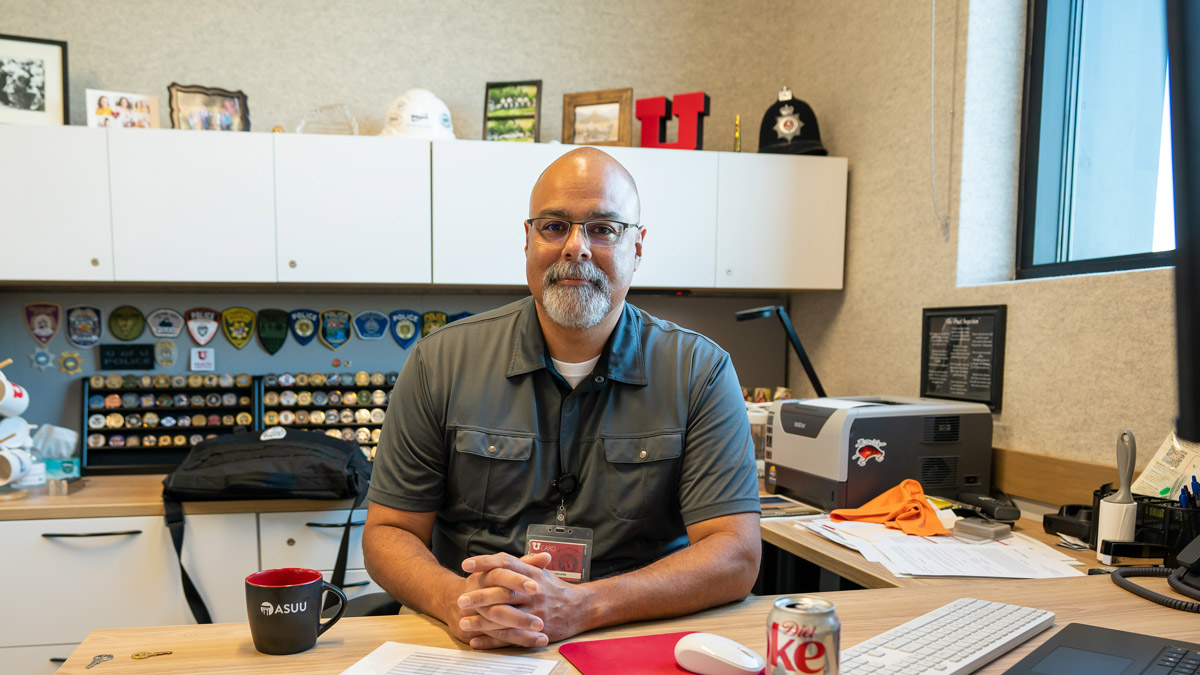
As interim police chief at the University of Utah I am always thinking of how our officers interact with those who need our help. After all, our primary directive is to protect and serve the community.
How we speak to those who come to us with a potential issue could impact all future interactions, and either strengthen or weaken the community’s trust in us. To that end we are working as a department to eliminate three all too common questions used by police officers when taking a report.
Why did you wait to report this crime?
Victims of crime are often dealing with trauma and may not want to talk to anyone – especially police – immediately after the fact. When they do report officers must be ready to provide help, not judgement, no matter how long after an incident occurred.
What do you want me to do?
If a person in need knew how to handle a situation they wouldn’t be asking for help. Officers will work with them to explore options and connect them to resources to get them solutions. Instead of asking this question, officers should state after getting the facts, “here are some options to help you decide which is best for you and your situation.”
There is nothing we can do.
This is factually not true. Police officers can always offer some sort of aid or advice – especially campus police as our department is set up differently than a municipal police department. Whereas police may not be able to offer help in some situations we have systems and other resources in place to do just that. We never want someone to not seek our help because they think we have nothing to offer them. The bottom line is if the police cannot help, we can at least help in finding the support or resources that can.
Campus policing is dramatically different than municipal policing. We have a highly educated work force, a large number of 18 to 25-year-olds (most of whom are living on their own for the first time), and we have a large hospital and clinic system that accounts for nearly 50 percent of our cases and calls for assistance. During the week when classes are in session, we’re the size of a medium sized Utah city—located inside Salt Lake City.
Our campus faces unique safety challenges and our approach to law enforcement needs to be agile, innovative and thoughtful. We recognize words matter – and we are working to serve the campus community in the best way we can. If you ever interact with one of our officers and they utilize any of the phrases above, I hope you’ll contact me.
